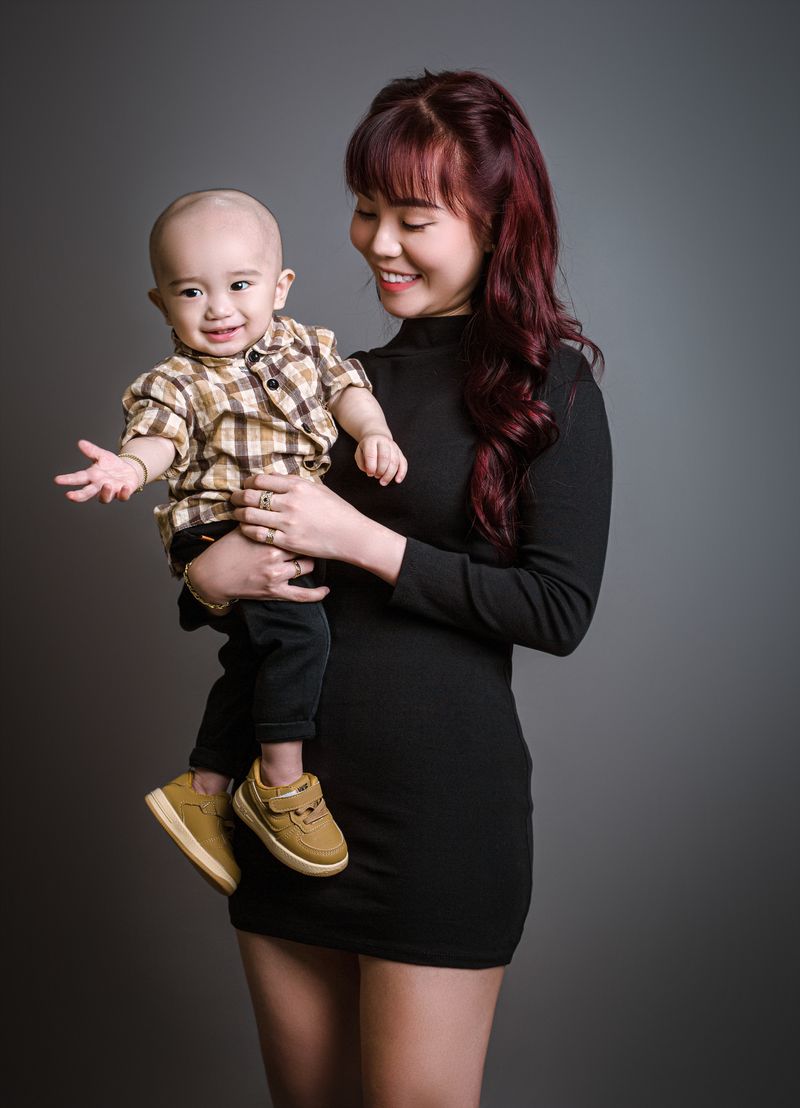On Feb 27, 2018, the United Nations child rights committee began examining Jordan‘s track record on childrens’ rights for the first time since a decade. The committee’s experts will discuss on various issues ranging from barriers to basic services, education, protection of education from attack or corporal punishment to the protection of children‘s rights overall. The future of thousands of children in Jordan lies in the hands of the committee. Specifically, there are two factors that merit the committee’s attention: first, legal discrimination against thousands of children born to Jordanian mothers and non-Jordanian fathers, and, secondly, the treatment of refugees in the country’s schools.
## Discrimination against children of Jordanian women
Jordanian law allows children of Jordanian men to have citizenship rights, but children of Jordanian women do not enjoy the same right if their fathers are non-Jordanian. This discriminatory law deprives thousands of children of basic rights such as the right to work, own property, travel, enroll in higher education and access to government healthcare. Furthermore, they are treated as foreign nationals their whole lives and because of this law, they are forced to deal with discrimination in their daily lives. The UN committee must address this issue of gender discrimination and press Jordan to change this discriminatory law, so that children born to Jordanian women and non-Jordanian fathers may have the same rights as the children of Jordanian men.
## Education for refugee children in Jordan
Since the Syrian armed conflict broke out in 2011, thousands of refugee children in Jordan have been denied the education that they have the right to. These children live in poverty and are often forced to work or marry before the age of 12. In addition, many of these children do not have enough money for transportation to schools. Once they have to drop out of school, it is difficult for them to return to formal education. The UN committee must draw attention to this issue and highlight that access to education for all children, irrespective of their refugee background, is a fundamental right. It is the state’s responsibility to support the access to education of these children, and the committee must urge the Jordanian government to develop policies that mirror their commitment to education for all children.
## Children with disabilities
Jordan‘s record on disability rights is dismal because of the lack of proper policies and resources. The country’s disability rights strategy has not been implemented effectively enough to enable children with disabilities to access primary education or inclusion in mainstream classrooms. This has led to many children being completely excluded from the education system. The UN committee can provide guidance to the Jordanian government to ensure children with disabilities are provided with full access to education, including potential reasonable accommodations, in order to ensure their fundamental rights are met to the fullest extent.
## Ban on corporal punishment
The UN committee has the power to influence policies regarding corporal punishment in schools and homes within Jordan. Although violent discipline at school is prohibited, corporal punishment is not entirely banned in all settings. The committee can and must call for a total ban of corporal punishment, as it can have detrimental effects on children’s mental and physical health. The state’s responsibility to manage differences with fairness is reinforced by the Universal Declaration of Human Rights, which specifies that “everyone is entitled to a social and international order in which the rights and freedoms… can be fully realized.”
In conclusion, the UN committee has an opportunity to raise questions on various aspects of child welfare in Jordan and to recommend positive changes. It is up to the Jordanian government to take necessary actions to meet the expected commitments in order to protect, respect and fulfill children‘s basic rights in the country.

<< photo by Phạm Tuấn Hải >>
You might want to read !
- Bhutan’s Imprisoned Democracy Activists Deserve A Royal Pardon: Calls for King Jigme Khesar Namgyel Wangchuck to Free Political Prisoners
- China’s Phone Search Program: An Alarming Threat to Uyghur Rights.
- Maldives Media Crackdown Worsens Amid Threats to Press Freedom
- Russia Introduces Law to Limit International Criminal Court’s Reach
- “Torture Trial in US Exposes Legal Gray Areas and the Need for Reform”
- Investigating the Ties between Burkina Faso’s Military and the Brutal Killing of 156 Innocent Civilians
- Slovakia Faces Legal Consequences over Failure to Address Discrimination against Roma Community
- The Dangerous Threat of Censorship in US Schools: A Violation of Basic Human Rights